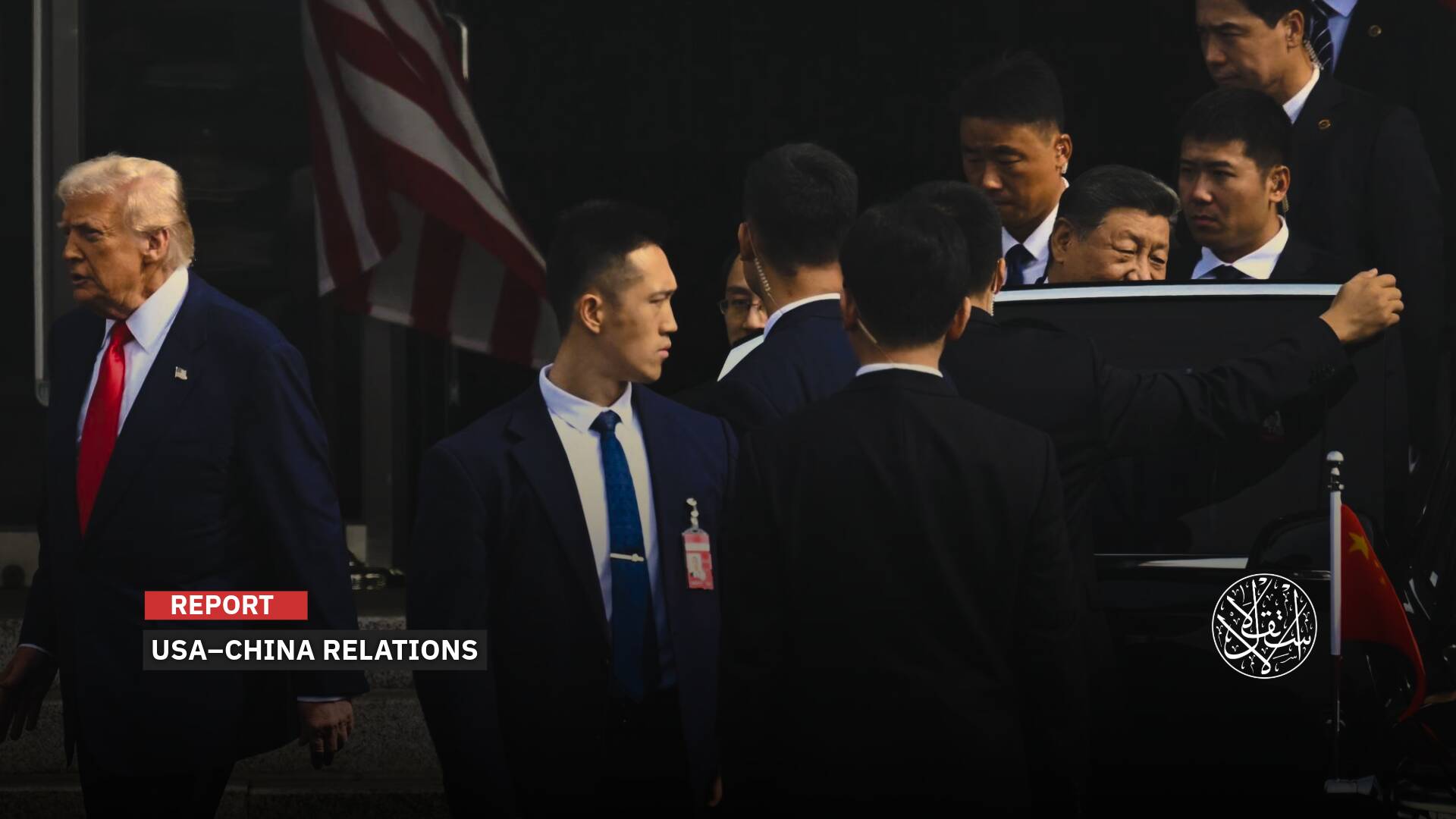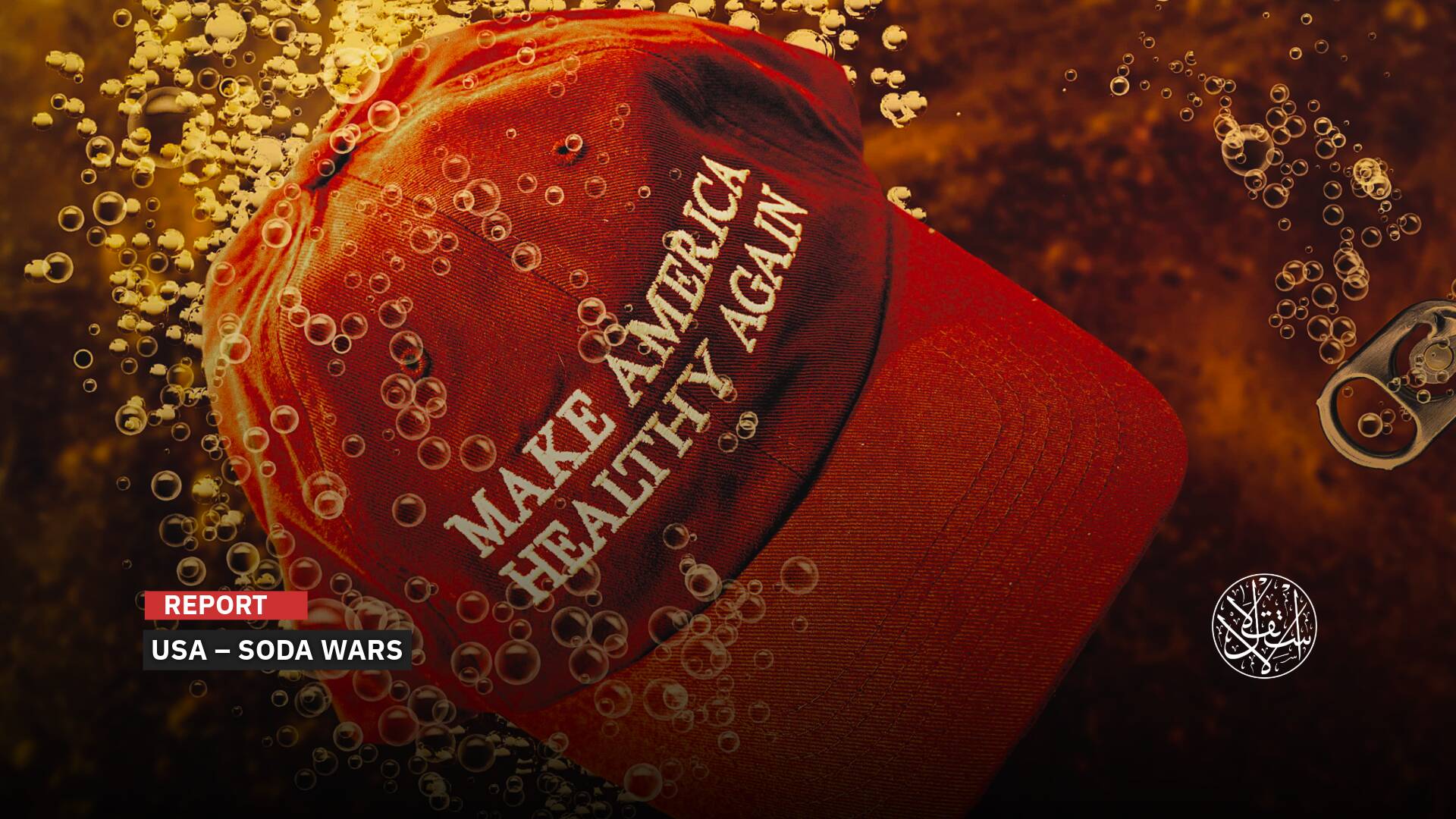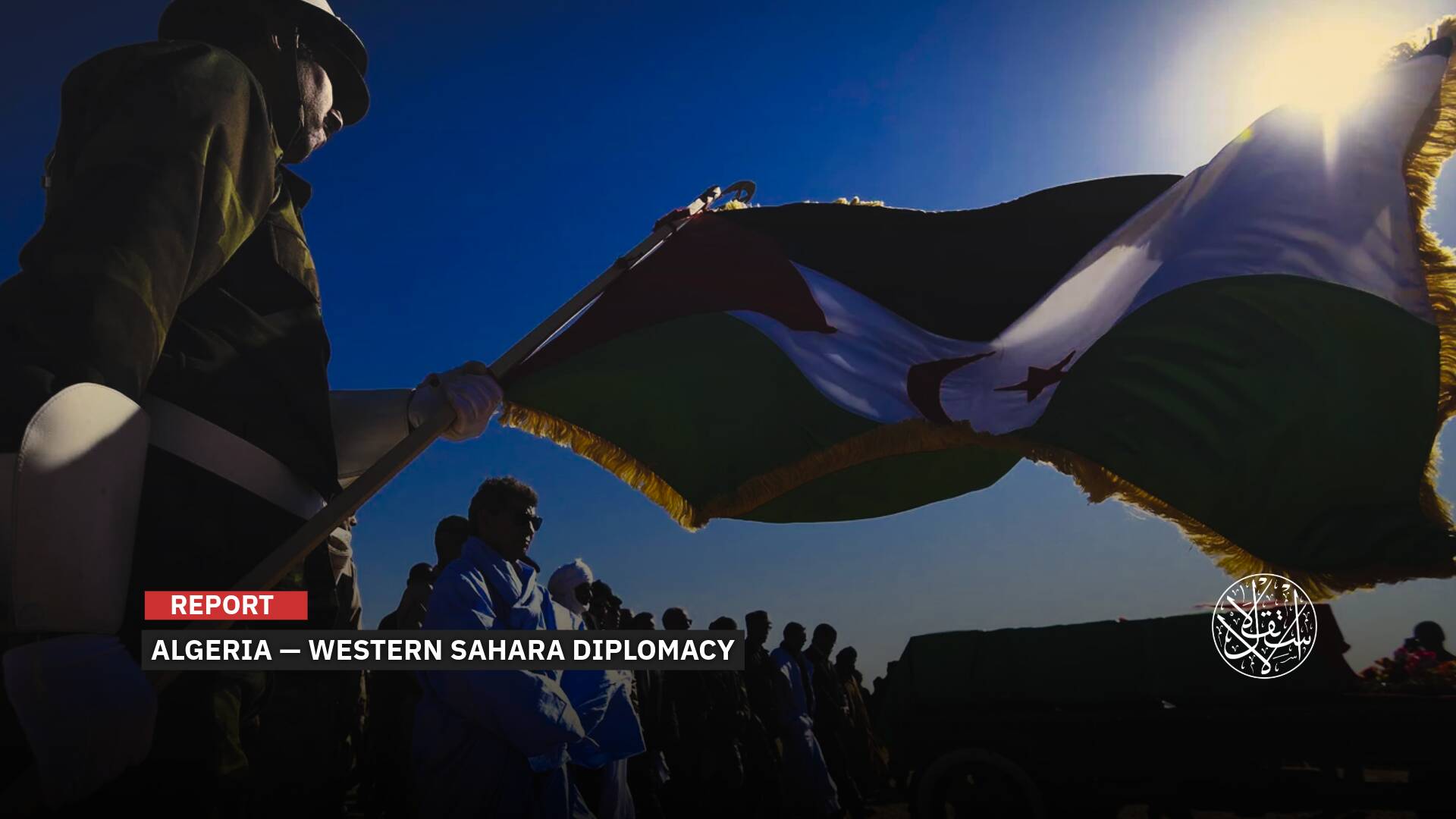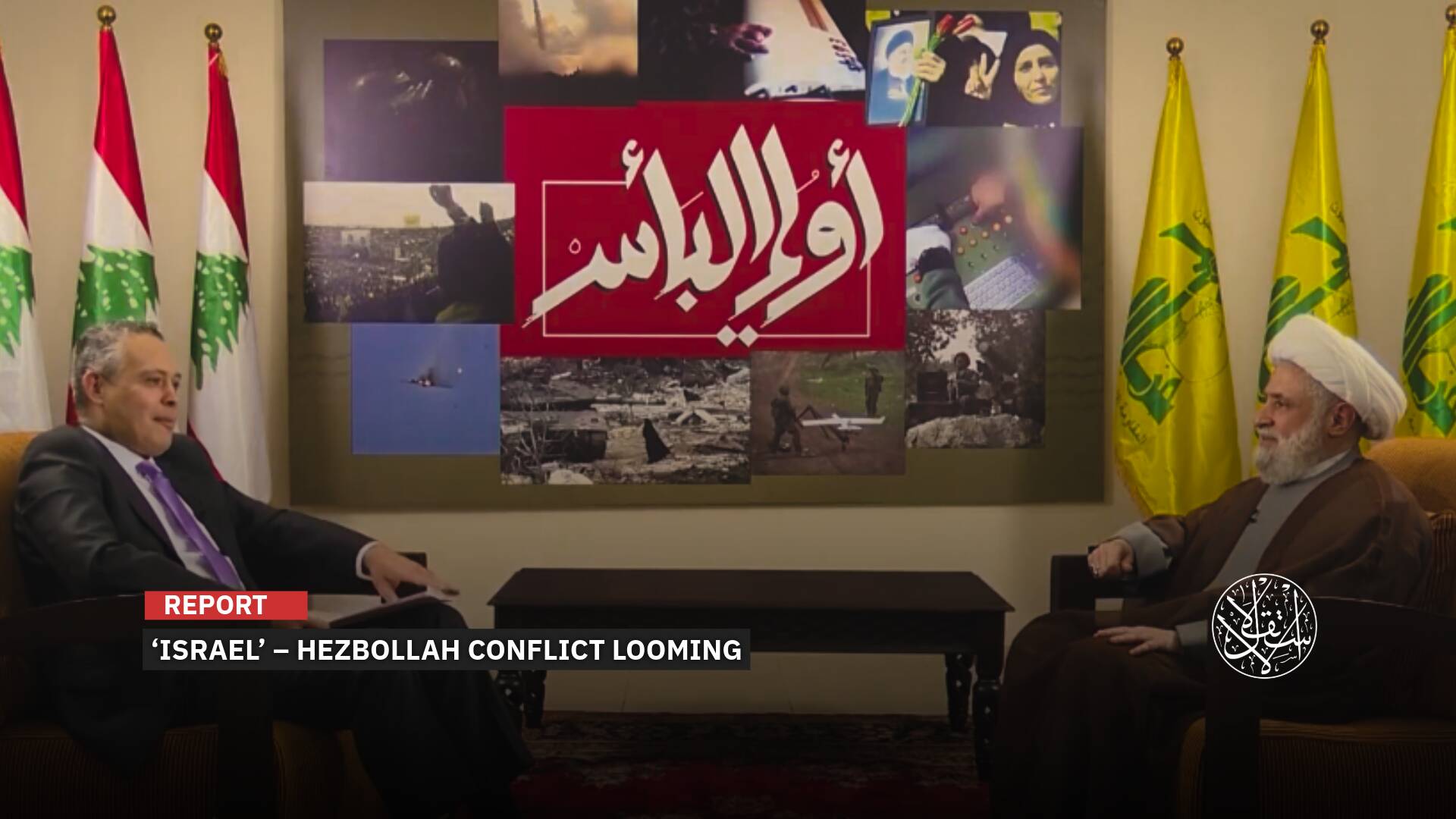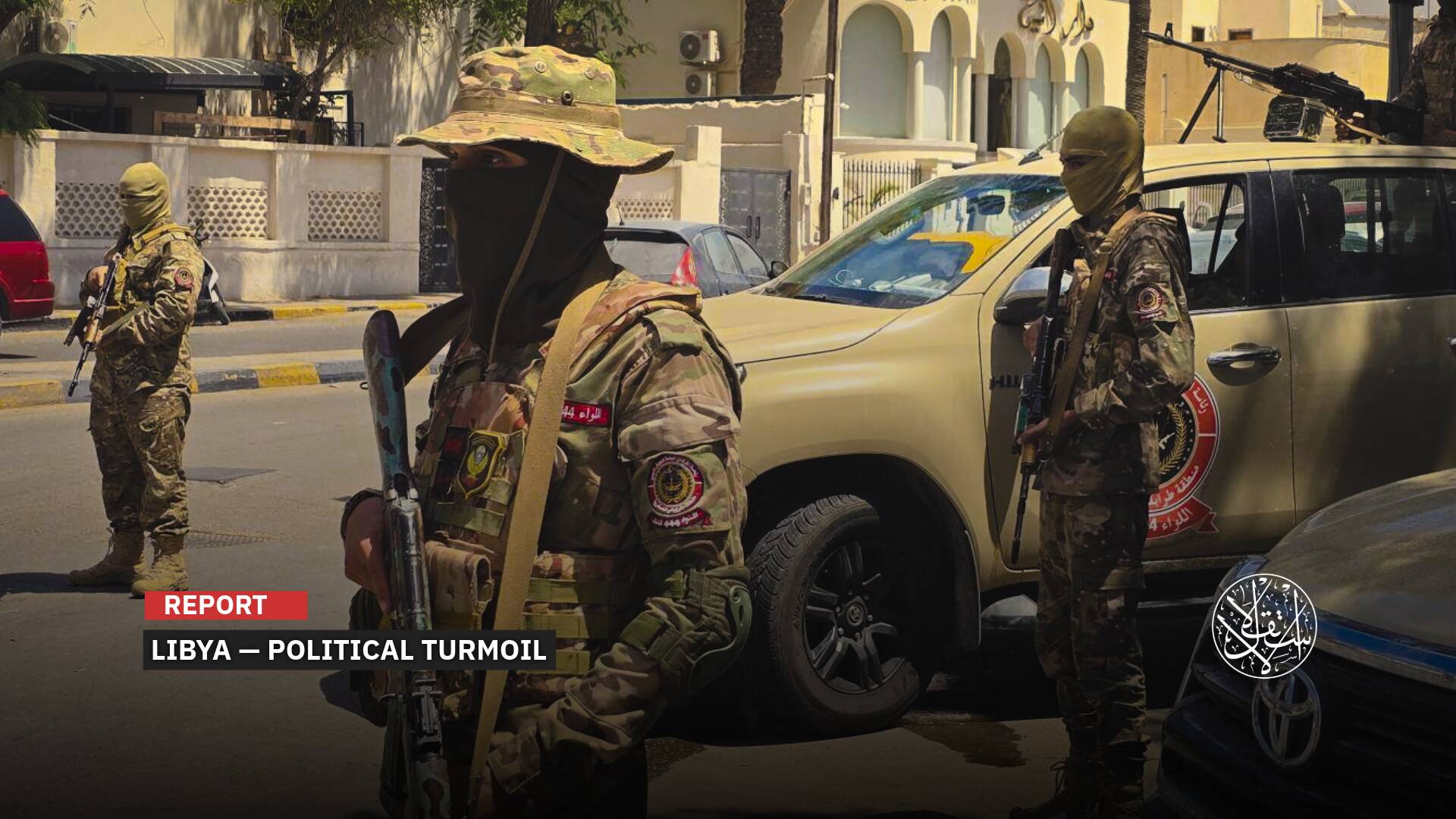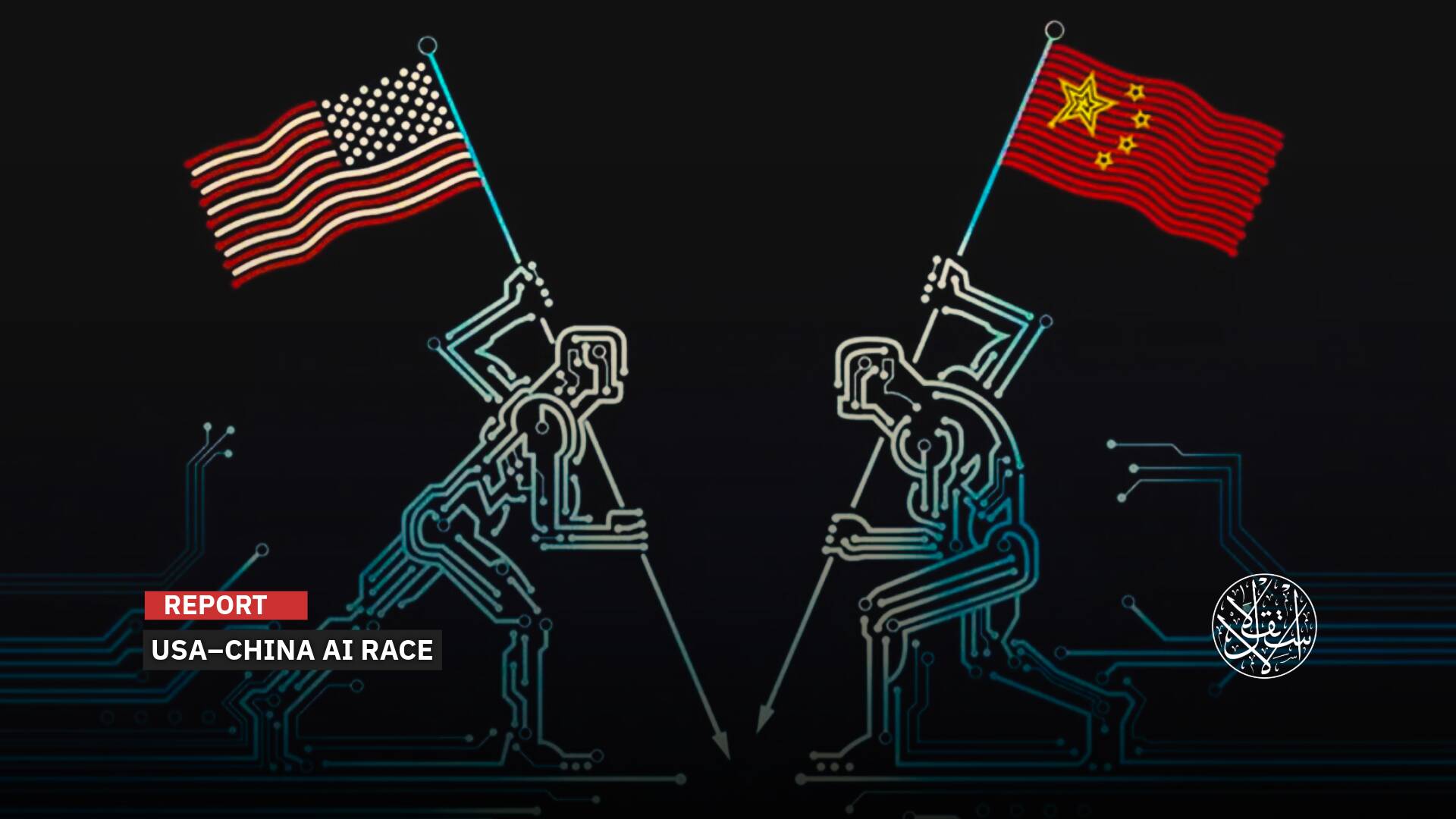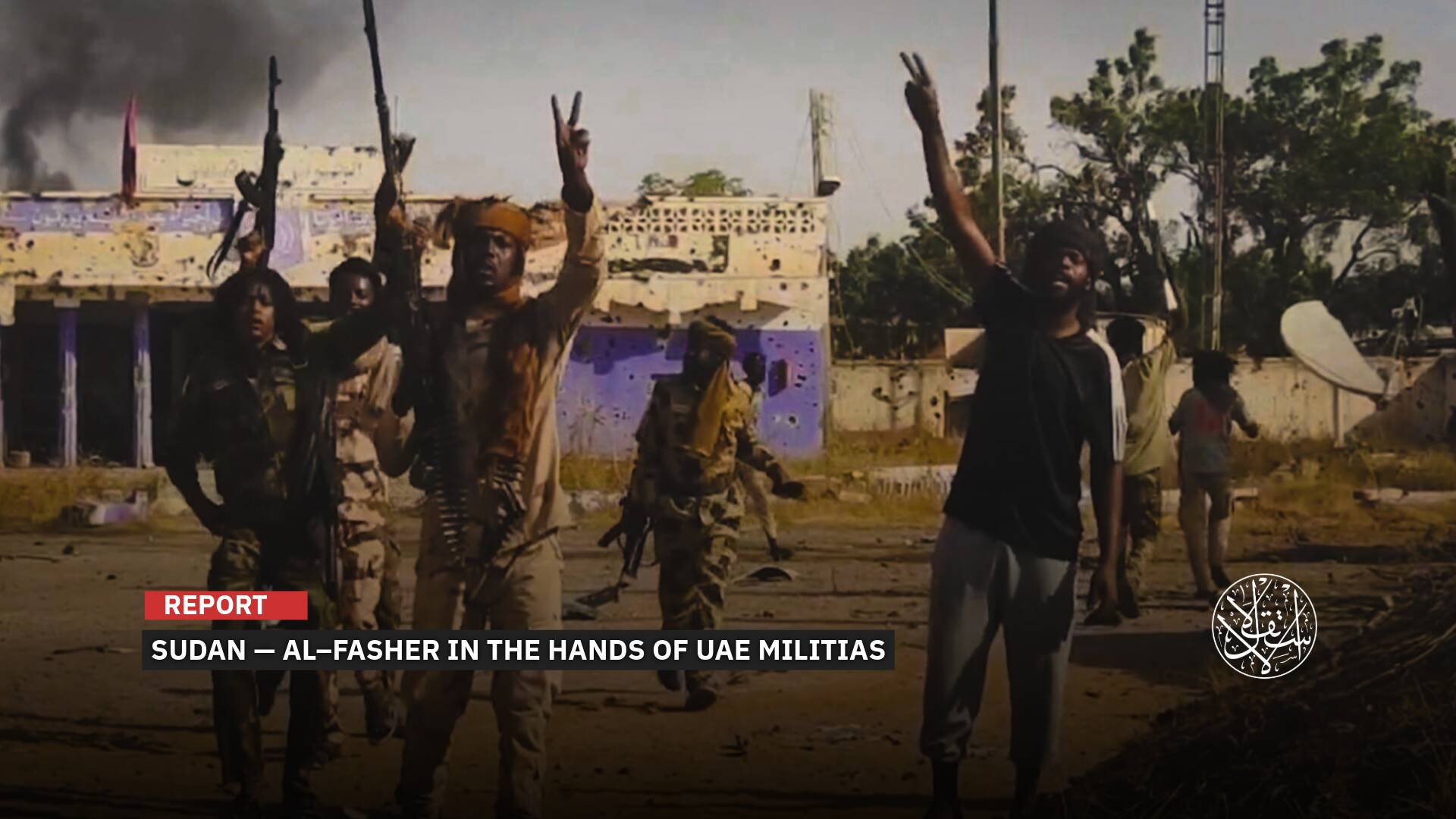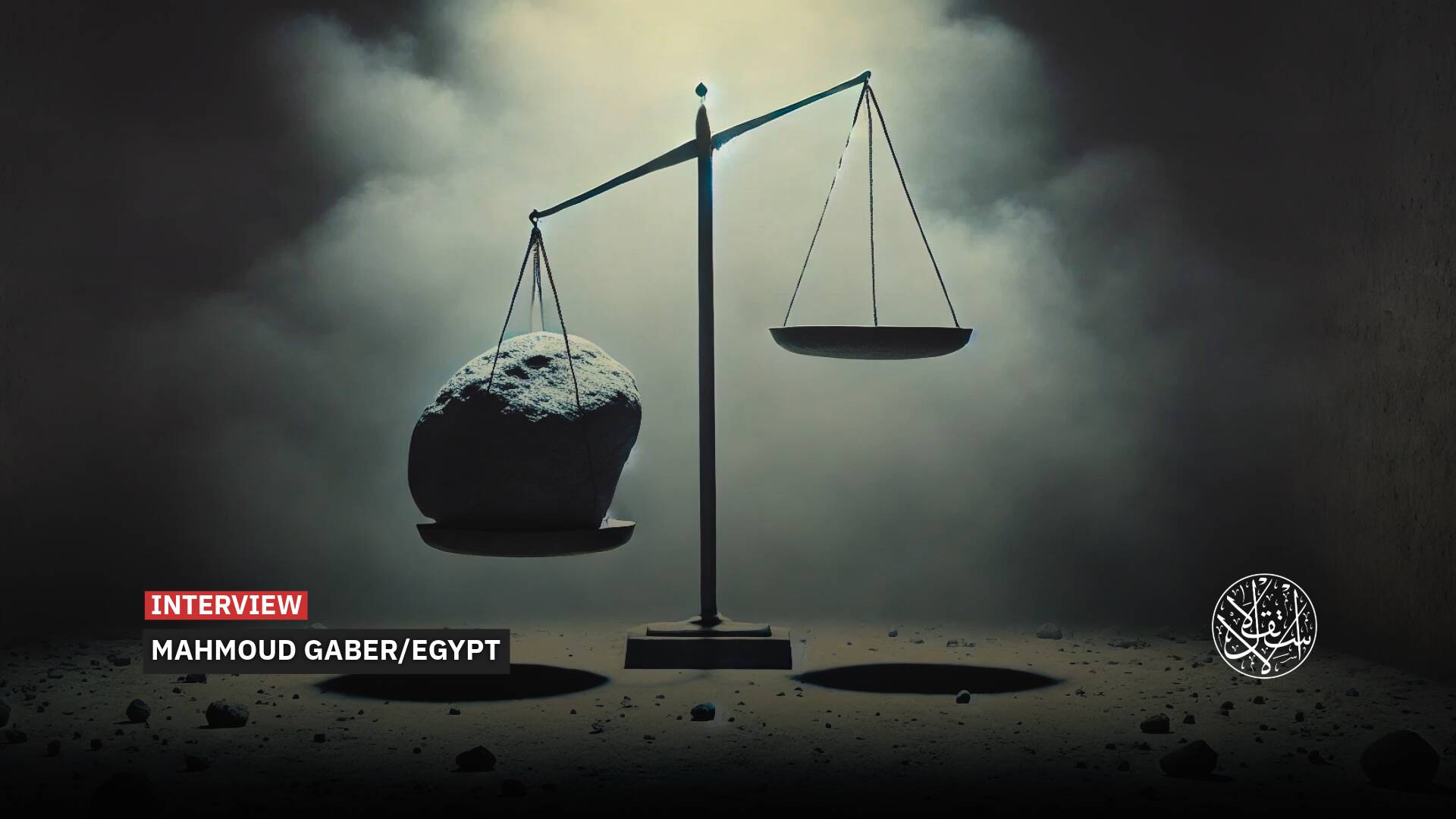Complex and Interrelated Issues: What Did Hakan Fidan Discuss During His Visit to Iran?

Since taking office in early June 2023, Turkish Foreign Minister Hakan Fidan has visited several countries. In addition to Ukraine and Russia, neighboring Iran was also on his list. Fidan’s visit to Iran on September 3, 2023, held significant importance given Tehran’s consistent influence in Turkiye’s regional affairs.
This visit, occurring amid heightened events in Syria and Iraq, could lay the groundwork for actions required in the region.
Both Turkiye and Iran have had to respond to internal disturbances amid the Arab Spring, extending these disruptions to their societal structures.
To respond to the evolving landscape, both nations have exerted their influence in the region, employing military forces and soft power simultaneously.
These disruptions have created challenges, but both neighboring states, despite genuine differences in their approaches to Syria, Azerbaijan, and Armenia, have avoided direct confrontation, even in contentious issues, thereby preventing significant upheaval.
Iran, which supports the Bashar al-Assad regime, has signaled its willingness to mediate between Turkiye and Damascus. Consequently, this visit holds significant importance for regional stability.
Discussion Points
Minister of Foreign Affairs Hakan Fidan met with his Iranian counterpart, Hossein Amir-Abdollahian, during his visit to Iran on the first day of his trip. They later held a joint press conference, where Fidan expressed concern for the situation in Kirkuk, which holds significance as a native homeland of the Turkmen population, an original and foundational component of Iraq.
Fidan called upon Iraqi authorities to put an end to the presence of the Kurdistan Workers’ Party (PKK) in Kirkuk, a northern Iraqi city.
Kirkuk has witnessed protests since August 25, 2023, following Prime Minister Mohammed Shia al-Sudani’s order to hand over the Joint Operations Command building to the Kurdistan Democratic Party (KDP). However, Arabs and Turkmens opposed this and set up a camp in front of the building in protest.
On September 3, the Iraqi Federal Court suspended the decision to transfer the building to the KDP.
Fidan also discussed the issue of Islamophobia and emphasized cooperation between the two Muslim countries within the framework of the Organization of Islamic Cooperation (OIC).
The two sides engaged in negotiations on various topics, including border security, trade, higher education, and their joint efforts in combating terrorism, with particular sensitivity towards addressing the threat posed by the PKK and the Kurdistan Free Life Party (PJAK).

They discussed ways to increase bilateral trade to $30 billion and exchanged numerous ideas on various issues of mutual interest.
Minister Fidan stated, “We had in-depth discussions about what can be done regarding the Syrian landscape. Our expectations for cooperation are clear, such as facilitating the humanitarian return of refugees in our countries to their homeland, with assurances from the Syrian government. Turkiye is also taking further measures to prevent more refugees from coming to our country.”
He emphasized Turkiye’s support for the agreement between Iran and Saudi Arabia (the normalization of relations mediated by China in March 2023) and stressed the importance of continuing nuclear agreement negotiations.
The Turkish Ministry of Foreign Affairs issued a statement regarding preparations for the 8th meeting of the High-Level Cooperation Council, which included bilateral relations between the two countries.
Topics covered included border security, counterterrorism, trade, transportation, energy, higher education, and regional issues, such as Syria, Iraq, Palestine, South Caucasus, and Yemen. The situations in Afghanistan, Libya, and Ukraine were also discussed.
Relationship Development
Amir-Abdollahian expressed satisfaction with the progress in bilateral relations, stating, “We are halfway to increasing trade volume to 30 billion euros. We have common ideas regarding preferential trade and transportation routes between Iran and Turkiye.
“Turkiye and Iran are two parts that complement each other. The border crossings between our countries are elements to complete cooperation, not to compete.”
He confirmed that both sides discussed expanding the free trade zones along their common border to reach the targeted trade volume, emphasizing ongoing efforts to open new crossing points on the border.
Amir-Abdollahian also mentioned that the water issue, a long-standing negotiation topic between the two countries, was discussed during the meeting. He indicated that experts from both countries plan to meet in Tehran in 2024 regarding this matter.
He further highlighted other regional issues that were discussed, stating, “We discussed the phenomenon of Islamophobia, disrespect for the Quran, and the issue of Jerusalem. We pointed out that the presence of the Israeli Occupation in the region serves no purpose other than sowing discord and security problems among Muslims.
“The tension has ended in the Caucasus, and the era of peace has begun.” He welcomed the dialogue between Baku and Yerevan after the Karabakh war, which concluded in November 2020, with Azerbaijan reclaiming its territories previously occupied by Armenia.
Turkiye’s security concerns in the region, particularly regarding its “common borders” with Syria, were also addressed.
Amir-Abdollahian stated, “We expressed that the concerns of both countries can be addressed through diplomacy and dialogue based on national sovereignty and regional security and that Iran’s dialogue with Damascus and Ankara can be beneficial in resolving terrorism and migration issues.”
He affirmed that both sides also discussed developments in Ukraine and Afghanistan and added, “We discussed joint gatherings of Tehran-Ankara-Riyadh in the economic, trade, and investment fields, achievable through normalizing relations between Iran and Saudi Arabia.”
In turn, President Ebrahim Raisi received Turkish Foreign Minister Hakan Fidan, who arrived in Tehran on September 4, 2023, for official talks.
During this meeting, President Raisi touched upon the historical similarities between Iran and Turkiye and expressed his hope that President Recep Tayyip Erdogan’s new term (following his re-election in May 2023) would lead to an improvement in bilateral cooperation and enhanced regional and international interactions between the two sides.
Regarding Turkiye’s security concerns in the region, President Raisi stated that the most effective way to combat terrorism is by respecting national sovereignty and the regional integrity of all countries in the region.
He noted that enhancing bilateral relations requires special attention and support from the leaders of Iran and Turkiye.
Fidan requested Iran’s support for Turkiye’s membership in the BRICS (an international political and economic alliance) and emphasized the importance of dialogue and mutual cooperation in resolving regional issues.
Ali Akbar Ahmadian, the Secretary-General of Iran’s Supreme National Security Council, also met with Turkish Foreign Minister Hakan Fidan, who arrived in Tehran for official talks. Ahmadian stated that the relationship between the two countries contributes to security and stability.
Important Dialogue
Mustafa Kaya, the Deputy Head of the Felicity Party for Foreign Affairs, stated, “The main agenda for Hakan Fidan’s visit to Tehran was preparation for the Eighth High-Level Turkish-Iranian Cooperation Council meeting, discussing bilateral relations, particularly the security of our shared borders, counterterrorism, trade, transportation, energy, and higher education.
“First and foremost, I see Hakan Fidan’s visit to Iran and the warm welcome he received from Iranian authorities during this visit highly positive and significant.”
Kaya continued, “We, as students of our mentor Necmettin Erbakan, the Milli Gorus movement, and the Felicity Party, attach great importance to Turkish-Iranian relations.”
Iran is an important partner in the organization of eight countries founded by Milli Gorus during its time in power; Erbakan signed a 25-year energy agreement during his visit to Iran when he was Prime Minister, according to Kaya.
He further stated, “We closely follow Iran and continue our diplomatic dialogue with them. We also organize various activities in both Ankara and Tehran.”
Kaya believes that economic, trade, and security relations between the two countries should be developed. He noted that the trade volume between Turkiye and Iran reached $7.5 billion in 2022.

“While I consider this figure insufficient, I also evaluate the steps taken in recent years as positive. I would like to emphasize that this figure should grow significantly.”
He added, “On the other hand, security is a matter of utmost importance for both countries today … The U.S. invasion of Afghanistan, subsequent developments, increased instability in East Asia, and worsening economic conditions have made Iran and Turkiye attractive destinations for illegal immigrants.
“At this stage, both countries must undoubtedly enhance their cooperation in border security.”
He continued, saying, “Another important security issue is the fight against terrorism. We must jointly combat separatist terrorist organizations like the Kurdistan Workers’ Party and the Kurdistan Free Life Party, which draw from the same source and target the safety of both countries’ territories, in addition to combating ISIS.”
The security agenda for both countries is not limited to border security or terrorist elements. Ensuring stability in Syria and the Middle East as a whole, as well as maintaining a peaceful atmosphere in the South Caucasus, are also important security points that need to be addressed during Fidan’s visit, according to Kaya.
The Deputy Head of the Felicity Party for Foreign Affairs emphasized that “Turkiye and Iran have been present in this region for thousands of years, and they will continue to be present in the future. Therefore, both countries need to enhance their relations based on their strategic location and regional influence.”
He also clarified that “Turkiye and Iran are the cornerstones of the Islamic world and this geography. Hence, both countries must work together to build a new and shared future.
“The war in Syria, the conflict in Karabakh between Azerbaijan and Armenia, the political polarization in Iraq, the Israeli Occupation of Palestine, and the civil war in Yemen are already common problems for both parties.”
He added, “Despite differences of opinion on these issues, Ankara and Tehran generally seek stability and peace in the region, which is the strongest reason for reconciliation.”
Kaya believes that Turkiye and Iran have the potential to elevate the Group of Eight organization (G8), which has developed a new global vision, alongside other members. He also stated that they can achieve their economic aspirations together.


